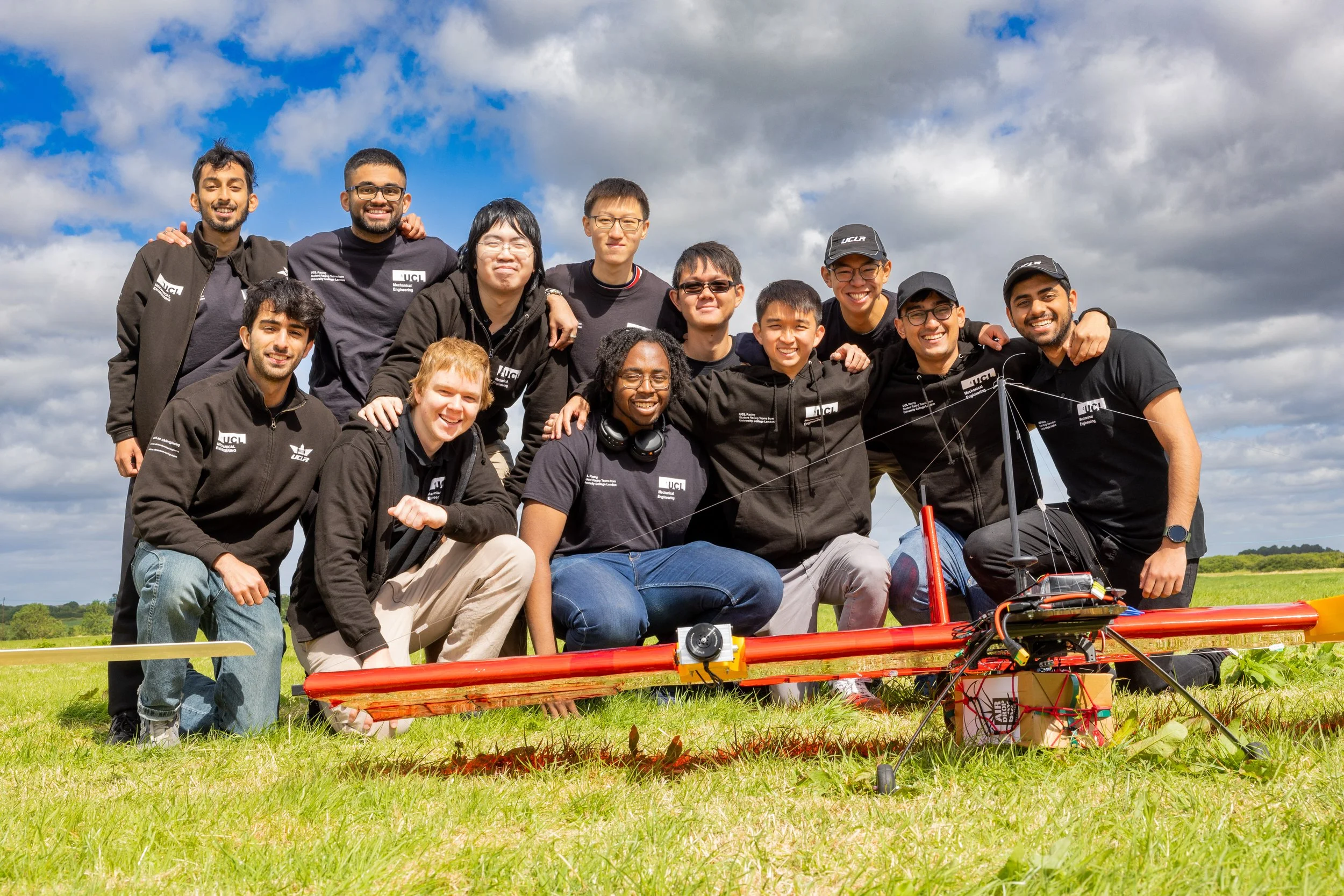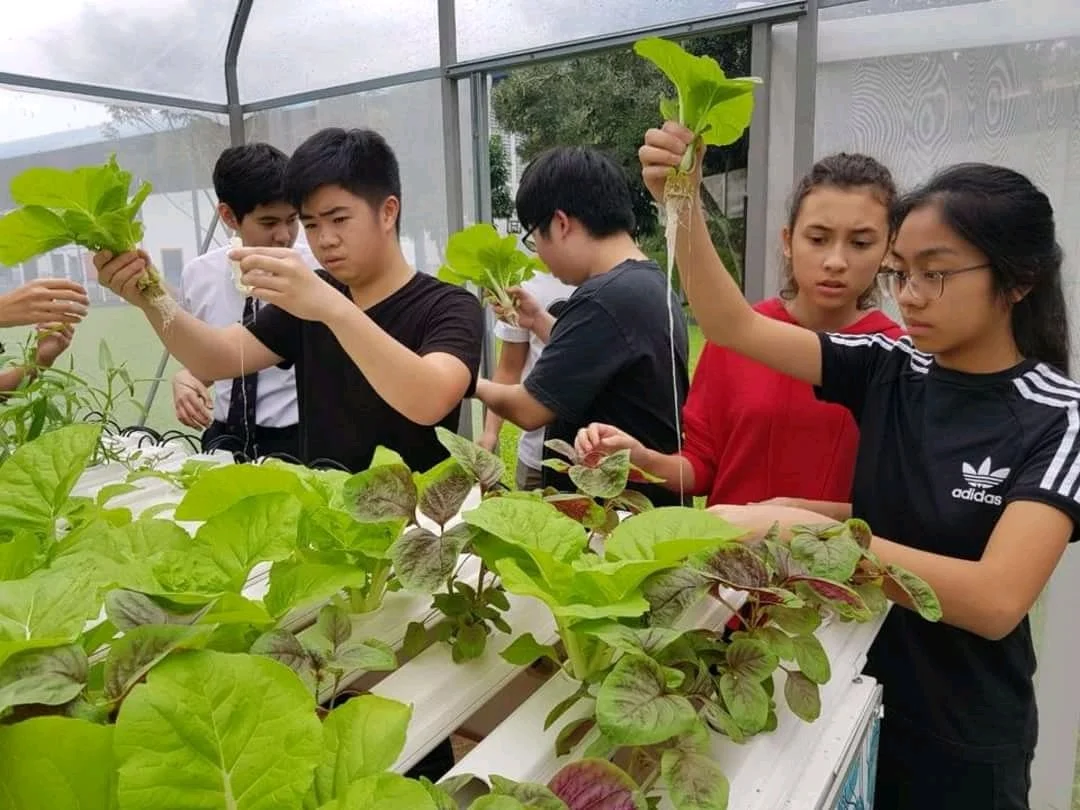Personal Projects
UAS Team Nova (UCL Racing)
Head of Propulsion
● Represented UCL Racing's UCL Team Nova at the 2024 IMechE UAS Challenge. We entered with not one, but two impressive aircraft—a helicopter and a fixed-wing plane with Vertical Take Off and Landing (VTOL) capabilities.
● As the pioneering batch of our VTOL aircraft, I led a team of 6 members to develop the propulsion system from ground up, responsible for not only propelling the aircraft forward but also developing a rotating mechanism to transition between vertical and forward flight. We faced challenges with cost and weight constraints, but overcame it by making full use of the resources we had. This included using FEA and generative AI tools to achieve a robust and high strength-to-weight ratio design.
● Our team achieved a significant milestone by successfully executing autonomous missions on both aircrafts, which were developed by us from the ground up. I'm proud to share that our fixed-wing aircraft was specially recognized for its outstanding flight characteristics, hailed as the best among all entries in its category. Our helicopter also impressed judges at the event and successfully carried the highest payload among all participating teams.
Green Scheme
Founder and Leader
IG: @green.scheme
Website: greenschemeindones.wixsite.com/website
Green Scheme is a non-governmental organisation with a goal of tackling Indonesia’s waste management issues, fighting for a more sustainable Indonesia.
Green Scheme links up with institutions, businesses and households to provide the services to collect, sort, and transport recyclable waste, ensuring that it reaches a proper recycling facility, giving it a new lease of life. Green Scheme also puts high emphasis in raising awareness of the importance of waste management in Indonesia, hoping not only to educate the community across all social classes of its detrimental consequences, but also to encourage investment into this area for the greater good of humanity.
Low cost Hydroponics @
Jeep Station Indonesia
Project Lead
● Engaged Jeep Station Indonesia (JSI) to develop a food sustainability programme as part of their corporate social responsibility project, with the aim to transfer the knowledge to local farming community around JSI.
● Provide advisory to develop a low-cost hydroponics solution adapted to the high altitude and varied weather conditions in Puncak, Bogor. The solution made use of environmentally sustainable materials such as bamboo to set up the main greenhouse area and recycled PVC pipes for the construction of the main hydroponics structure. We were able to reduce the cost of constructing an A-structured hydroponics system to about 10% of the price of a similar structure sold in the retail market.
● We face several challenges in the initial stages. One of them is ensuring a constant flow rate across the PVC pipes. This was overcome by adjusting the pipe angles and introducing control taps at the beginning of the pipes. Our current challenge is the less-than-optimal growth rate of the plants. Our investigations showed that the growth rate is affected by the mineral contents in the natural ground tapped water. The hydroponics systems are still currently operational at JSI.
Hydroponics @ ACS Jakarta
Founder and Leader
● Founder of Hydroponics@ ACS, a student-led and self-running hydroponics learning space, developed with the ambition to further education about hydroponics for both the student and local farming community. It aims to leverage on technological innovation to overcome the limitations of traditional farming. The proposal was initiated in 2016 and came to fruition in 2017.
● The project undertook to focus on the following areas:
(a) Increasing social awareness about the benefits of hydroponics via collaboration with the primary school science section to incorporate hydroponic as part of the grade 4 and 5 science curriculum. The Hydroponics@ACS Jakarta team conducted lessons and hands-on practical sessions for the primary students.
(b) Research and develop effective and tailor-made hydroponics solutions relevant to local conditions. The acquired knowledge can be shared, and skill transferred to local farming communities to enable them to improve crop yields.




